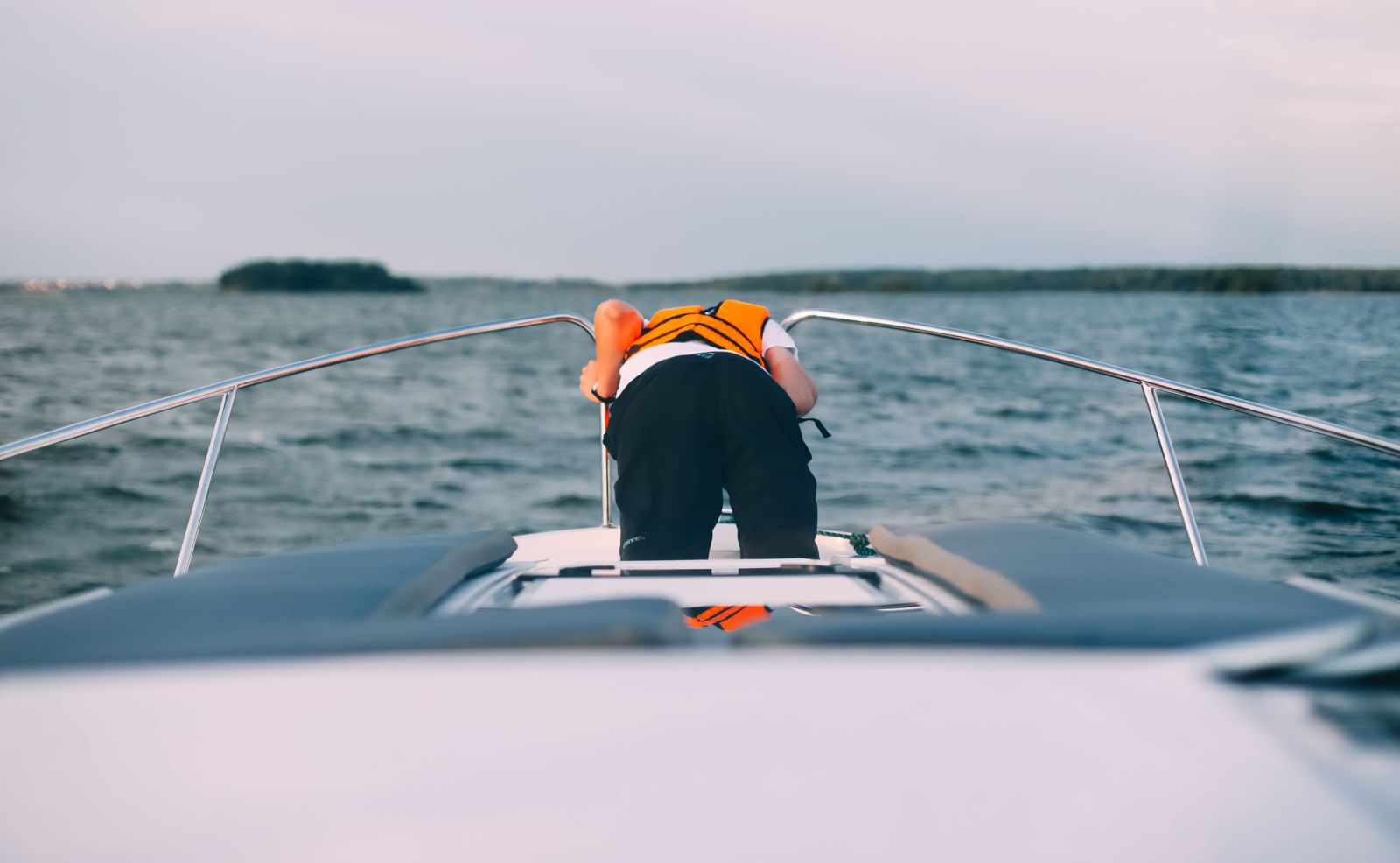Seasickness affects maritime professionals as well as regular passengers with symptoms ranging from mild discomfort to vomiting and severe dizziness. Although the experience is less than ideal, there are many ways to combat it, and recovery is only a matter of time! Here’s a guide on how to cope with seasickness.

What Causes Seasickness & How Long Does It Last?
How To Manage Seasickness
1. Stay hydrated
2. Avoid reading – or other activities requiring focus
In the middle of the ship there will be the least movement. Get some fresh air on the upper deck if you can too.
4. Avoid alcohol
Drinking alcohol is likely to cause dehydration and worsen nausea, as well as increasing sensitivity to motion. Drink more water than alcohol!
5. Rest up
6. Eat bland foods
7. Try relaxation techniques
8. Medication can help
9. Put on an acupressure wristband
To keep up to date with the latest Superyacht Content News, click here.
Sign up to our Newsletter below:








.gif)
.gif)









